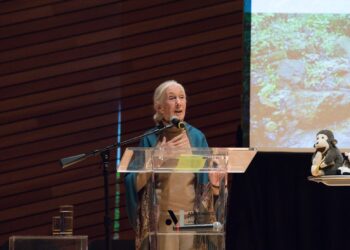Medical, Health and Family Welfare Minister Y Satya Kumar Yadav announced that Andhra Pradesh’s healthcare sector is set to receive substantial financial relief—nearly ₹1,000 crore—thanks to the new Goods and Services Tax (GST) on medicines and medical equipment. Of this, around ₹750 crore will directly benefit patients. Meanwhile, government institutions are expected to save approximately ₹250 crore.
Previously taxed at 12%, most medicines now carry a reduced GST rate of 5%. This results in a 6–7% drop in their maximum retail prices. This change is expected to ease the financial strain on patients significantly.
According to the State’s Drug Control Administration, residents spent close to ₹11,250 crore on medicines during 2024–25. This occurred through a network of 35,000 pharmacies and 5,000 wholesalers. The tax burden on consumers has decreased from ₹1,350 crore to ₹703 crore.
Full GST exemption on cancer medicines
Medicines used to treat cancer and rare diseases have been granted full GST exemption. This offers an additional ₹13 crore in relief. Price reductions are already visible in essential drugs: paracetamol sheets now cost ₹26.04 instead of ₹28. Metformin 500mg dropped to ₹38.73 from ₹41.65, while Telmisartan 40mg is down to ₹105.74 from ₹113.70. Augmentin 625mg fell to ₹190.51 from ₹204.86. Human Insulin decreased to ₹422.02 from ₹454, and Pantoprazole 40mg to ₹158.10 from ₹170.
High-cost medications for cancer and rare diseases have also seen notable price cuts. Facilitated Liposomal Injection now costs ₹4.28 lakh, down from ₹4.80 lakh, saving patients over ₹51,000. Daratumab injection has reduced to ₹2.10 lakh from ₹2.30 lakh, and Imiglyceride injection to ₹3.52 lakh from ₹3.70 lakh.
Government health programmes are expected to benefit significantly. The NTR Vaidya Seva Trust authorized treatments worth ₹4,077 crore in 2024–25 and is projected to save ₹203.85 crore. Likewise, the Andhra Pradesh Medical Infrastructure and Development Corporation spent ₹679 crore on medicines and consumables last year. This will save around ₹40 crore in GST.
The health minister highlighted that these tax reforms will collectively ease the financial load on both public institutions and citizens. They offer an annual relief of nearly ₹1,000 crore to the State’s healthcare system.








